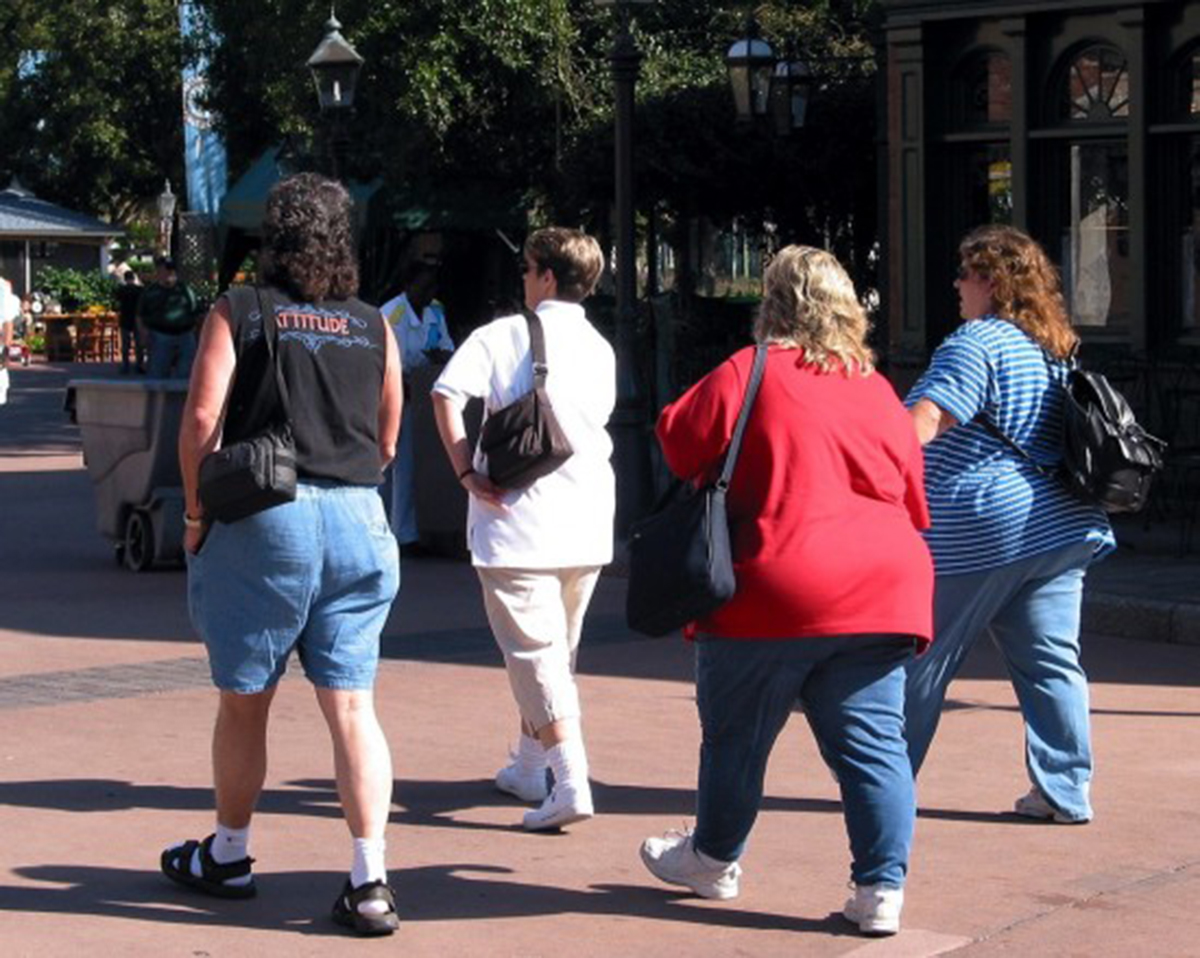Table of Contents
It sounds great, doesn't it?
Find a way to regulate glucagon levels in people, and we’ll solve the world obesity crisis. But not so fast.
While the results of the study certainly provide some (literal and metaphorical) food for thought, we can’t get too excited just yet.

First up – the study size.
With such a small group, containing only 37 individuals, and only 13 of whom were obese, the sample size really is too small to deem any results significant. The gain real credence and show promise, the study would have to be replicated several times over with a much greater number of participants. Not only that, but one 24 hour observation is also too short a time to decide whether or not this is really a potential avenue to explore further.
Additionally, there are many non obese folks who rarely feel full. When you look at elite level athletes, they can often very easily consume vast quantities of food in a short space of time without feeling full, yet are far from obese. The results of the lean participants in the research didn't provide any significant data here or there, so it would be very interesting to see a similar study conducted looking at athletes, potentially even those involved in strength sports, to look the how metabolism speed and a high volume of training also interacts with glucagon, grehlin and fullness.
Another really important aspect to think about too, is quite simply self-control. As a non-obese person, it can be very easy to sit there and question why someone who is so overweight simply carries on eating and consumes such huge quantities of food. Are their bodies really not telling them they’re full, or are they actually just cramming down food for the sake of it, and eating through discomfort, simply because they’re enjoying the taste, or don’t have the willpower to put down the fork?
Unfortunately, far too many people look for a quick fix when it comes to weight loss.
This is demonstrated by the obscene amount of weight loss products, pills and supplements on the market. It seems like everyone has the latest gadget or new breakthrough discovery in dieting science than will make you thin with very little effort whatsoever. Unfortunately however, such a product does not exist, and never will. Despite this though, people still keep looking for the easy way out.
Some people do have genuine medical conditions that interfere with there fullness receptors and metabolism hormones, and these shouldn’t be taken lightly.
Read More: Obesity: The disease of modern age
It is highly unlikely, however, that the role of glucagon, and even the incidence of a glucagon or grehlin hormone deficiency is prevalent enough to warrant much more investigation on the subject. If you are genuinely concerned about your glucagon levels and feel that you may be suffering from a metabolic disorder, visit your health care provider for an assessment, or book to get a full blood profile done.
Until then, we can say with a fair degree of certainty that exercise and diet are the way forward, not glucagon and grehlin drugs.
- Obesity May Be Caused By Faulty "Appetite Hormone," Study Finds, By John Ericson | Published on August 20, 2013, Accessed on October 19th 2013
- Retrieved from http://www.medicaldaily.com/obesity-may-be-caused-faulty-appetite-hormone-study-finds-252999
- Photo courtesy of Intropin by Wikimedia Commons : commons.wikimedia.org/wiki/File:Glucagon_(4).JPG
- Photo courtesy of colros by Flickr : www.flickr.com/photos/73416633@N00/286903642/


Your thoughts on this